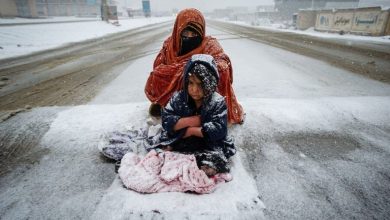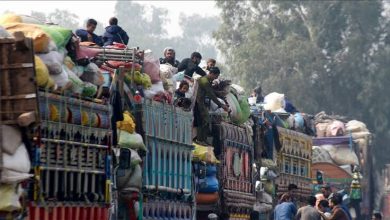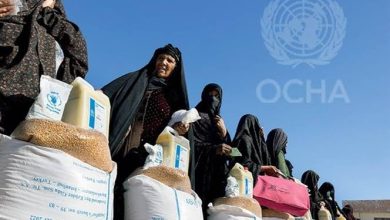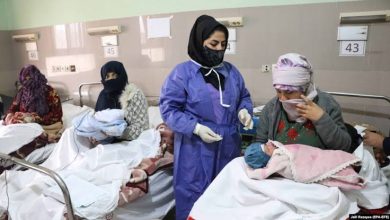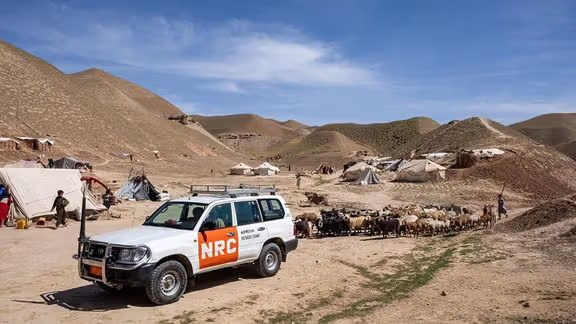
Decline in International Aid: Norwegian Refugee Council Limits Its Operations in Afghanistan
The Norwegian Refugee Council (NRC) has issued a statement warning that due to a “significant reduction in international financial assistance,” it has been forced to shut down some of its offices in Afghanistan and lay off employees.
In the statement released on Tuesday, March 25, the organization said that the continued decline in international aid is seriously threatening the access of millions of Afghans to vital services.
According to the statement, the council has closed two of its centers in Afghanistan since January of this year and warned that two more centers will cease operations in the coming months unless financial support is provided.
The closed centers were offering essential services, including housing, food, legal advice, and access to healthcare facilities for returnees and internally displaced persons.
Suzanna van Megen, the NRC’s director in Afghanistan, expressed concern about the consequences of this decision, saying, “The reduction in services threatens vital programs for the most vulnerable communities. The closure of offices and the layoff of staff particularly affects women, as the presence of female staff is essential for women and children to access aid.”
This international organization also emphasized that the suspension of U.S. aid and the reduction of budgets from countries such as Belgium, France, Germany, the Netherlands, Sweden, Switzerland, and the United Kingdom has led to a sharp decline in assistance to the most vulnerable people worldwide.
The NRC urged the global community to increase its aid to prevent a “humanitarian disaster” in Afghanistan. The statement reads: “The people of Afghanistan have been struggling with war and neglect for decades. The international community cannot forget them.”
The council had previously warned about the suspension of its activities in several countries due to budget shortages. However, NRC confirmed its commitment to continue operations in Afghanistan and support vulnerable women, children, and men despite the challenges.
